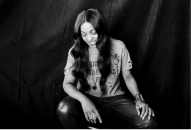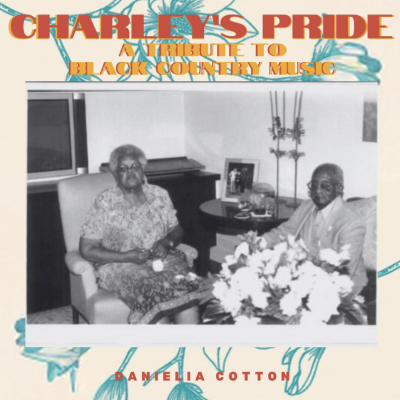Danielia Cotton
Click  on photo to download high resolution version
on photo to download high resolution version
All rights reserved. Photos are for editorial use only.
Photos
Latest ReleaseView All
Charley’s Pride: A Tribute to Black Country Music
Release date: 8.29.24
Label: Cottontown LLC
Press Releases View All
Danielia Cotton Releases New Single “So Afraid Of Losing You Again”
Read MoreDanielia Cotton Releases Soul-Inspired New Album Good Day
Read MoreDanielia Cotton Releases Soul-Inspired Gospel Anthem "A Different War"
Read MoreBiography View
Americana/Soul/Rock artist Danielia Cotton released her version of Charley Pride’s Roll On Mississippi on March 18, 2024 (Pride’s birthday) and Kiss an Angel Good Morning on May 15, 2024, as the first two singles for her upcoming tribute EP, Charley’s Pride: A Tribute to Black Country Music. Both singles broke through the charts performing exceptionally well, without the support of a major label. This is not at all surprising given the force of nature that is Danielia Cotton. It makes sense that she landed here, in Country. Cotton who grew up in rural NJ on the Sourland Mountain has been dippin’ her toes in this creek since she started recording with songs like Fast, 4 A Ride & Found Another from her first album, Small White Town.
“Danielia injects her own brand of indie soul and Americana on her version, while also possessing the late great Charley’s dynamism” - Americana Blues Scene
Cotton is music legacy. Her mother and aunts were all professional vocalists and music is in her blood. Cotton considers the forthcoming album a tribute not just to one of her musical idols but also to her family, especially her grandparents. Just as Pride forged a path as a Black artist in a predominately white world of Country music, Cotton’s Pop Pop worked to become a respected and beloved figure in a small town with only a handful of Black residents, a Small White Town where her family, including her 103-year-old grandmother, still reside.
Cotton started performing in her teens. She began crafting her own sound; an eclectic mix of the stuff that shaped her and the stuff that called her. Cotton’s magic is born of her ability to inhabit a song, to dwell in its rhythms and melodies, to live with the intricacies of its lyrical structure, and to emerge with an articulate proclamation of personal and social truths.
“With her command of rock and soul and the fearless spirit she brings to the music, she ultimately does make you a believer” - No Depression
Cotton has spent her entire career fighting for independence, space to create her own sound and an audience that would journey with her. She released her first full length album, Small White Town in 2005. With the freedom to shape her own vision and direction; she released critically acclaimed Rare Child (2008) as a true indie artist followed by the Live Child EP (2009) in relatively quick succession. In 2012, came Gun in Your Hand followed by Woodstock (2014), The Real Book (2014), A Prayer (2016), The Mystery of Me (2017), and Good Day (2022). Cotton is no stranger to the stories Country Music traditionally tells…she’s lived some life; seen and been through some serious shit and this powerful body of work is what she did with it.
“Demographers, beware: Danielia Cotton doesn't fit neatly into any box. She's an African American, from a nearly all-white town in New Jersey. She's a singer and songwriter who can sound like a blues balladeer on one track, and a hard-rock wailer on the next.” – NPR
She has done battle with the oppressive systems that plagued the lives of Pride and her Pop Pop. Cotton’s music has shone a light on deeply personal, and simultaneously systemic and pervasive issues that have plagued folks like her for an eternity. Her music is expansive and will occupy every ounce of space she has carved out for it. She continues to evolve and challenge herself as a musician and it is evident in her catalog. Cotton’s creating music that spans time, music deeply rooted in yesterday and passionately and powerfully crafted for tomorrow.
"Danielia Cotton has not had it easy. But lucky for us, she channels her pain and suffering into kick-ass musical creations we can all enjoy. – Guitar World
Kiss An Angel Good Mornin’ was inducted into the Grammy Hall of Fame and honored at the Grammy Museum's inaugural Grammy Hall of Fame Gala and concert on May 21, 2024, a serendipitous fact that Cotton was not aware of when planning her release. Produced by Cotton and Grammy-nominee Marc Copely (Buddy Miller), featuring Aaron Comess (Spin Doctors), Andy Hess (Gov’t Mule, Black Crowes), Brian Mitchell (Levon Helm & The Midnight Ramble, Bob Dylan, BB King, Dolly Parton), and Katie Jacoby (Roger Daltry, Foreigner, Elle King) Cotton reimagines Pride’s hits with a fresh, modern approach.
In the works since 2022, Cotton was inspired to finish and release Charley’s Pride … now, while Black Country artists are being celebrated broadly. Cotton asserts, “The number of Black artists that are having a serious presence in Country music would make Charley Pride and my Pop-pop smile.” Cotton said It felt important to honor Pride, given that he was the first Black American voted into the Country Music Hall of Fame, the first Black singer to perform at the Grand Ole Opry, and is second in all-time sales on RCA (just behind Elvis Presley).
“Cotton leans into a down-home country blues aesthetic… [and] sings the absolute fire out of this... This is also a contemporary artist having a conversation with one of her genre’s ancestors, and it’s all the more powerful because of it...I want to live in a timeline where she’s a massive star.” - Country Universe
With the release of Charley’s Pride: A Tribute to Black Country Music, Danielia Cotton is poised to take her place among contemporary Black artists who are both paying homage to those who forged the path before them and blazing new trails for those yet to come. In the words of Pride himself, “I think there’s enough room in Country for everybody.”
“…an honest-to-God voice with real power, conviction, emotion and soul.” – Boston Herald
Online
- Official Site
- .(JavaScript must be enabled to view this email address)
Press Clippings
- The Bluegrass Situation
- No Depression
- WNYC
- WXPN
- Pause & Play
- Country Universe
- NYS Music
- Broadway World
- Artist And Fan
- FEMMUSIC
- Stereogum
- New Sounds
- American Blues Scene
- American Blues Scene
- American Songwriter
- Bluegrass Situation
- Billboard May 2008
- Billboard June 2008
- Chicago Sun-Times
- CNBC Make It
- Dallas Morning News
- Essence
- Grateful Web
- Glide Magazine
- Ghettoblaster
- Grateful Web
- Herald Tribune
- LA Times
- Lucky Magazine
- Milwaukee Wisconsin Journal Sentinel
- Minneapolis Star Tribune
- Mondo Sonoro
- Newark Star Ledger
- New Jersey Stage
- New Jersey Star Ledger
- No Depression
- NPR Interview
- NY Times
- Philly Inquirer
- Refinery29
- Relix.com
- Relix
- Runner's World Magazine
- SHAPE.com
- She Rocks Podcast
- Sister2Sister
- Sounderground
- US Rocker
- Venus Zine
- Village Voice
- WXPN Interview
- Adam's World

_334_500_s.jpg)
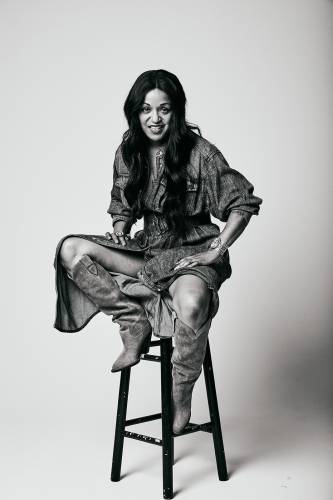
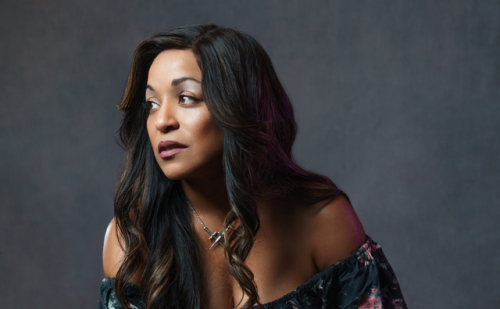
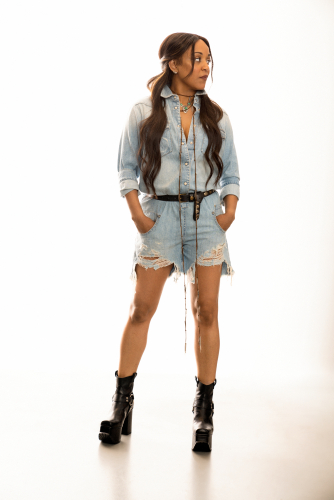
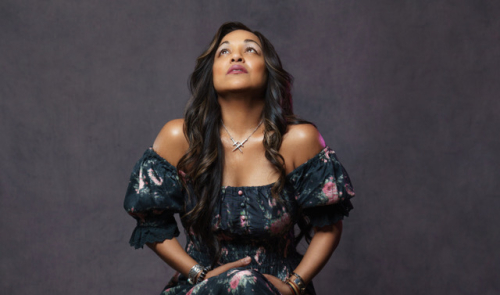
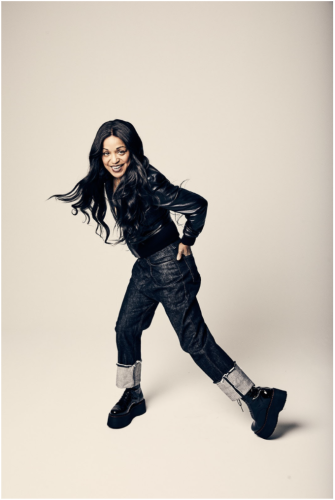
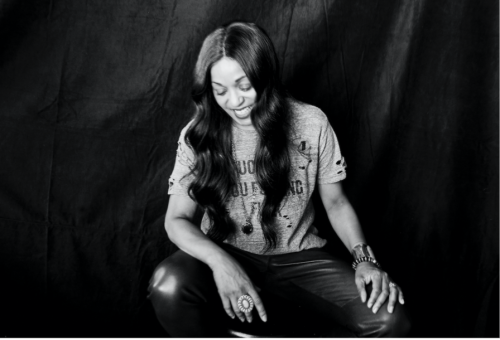
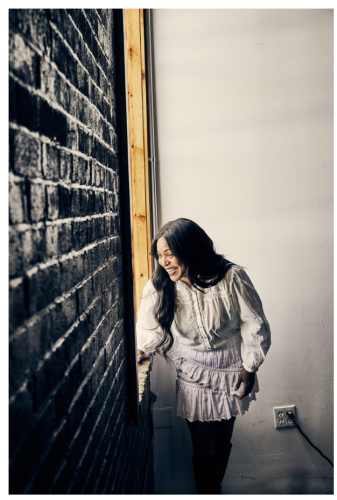
_87_130_s.jpg)





